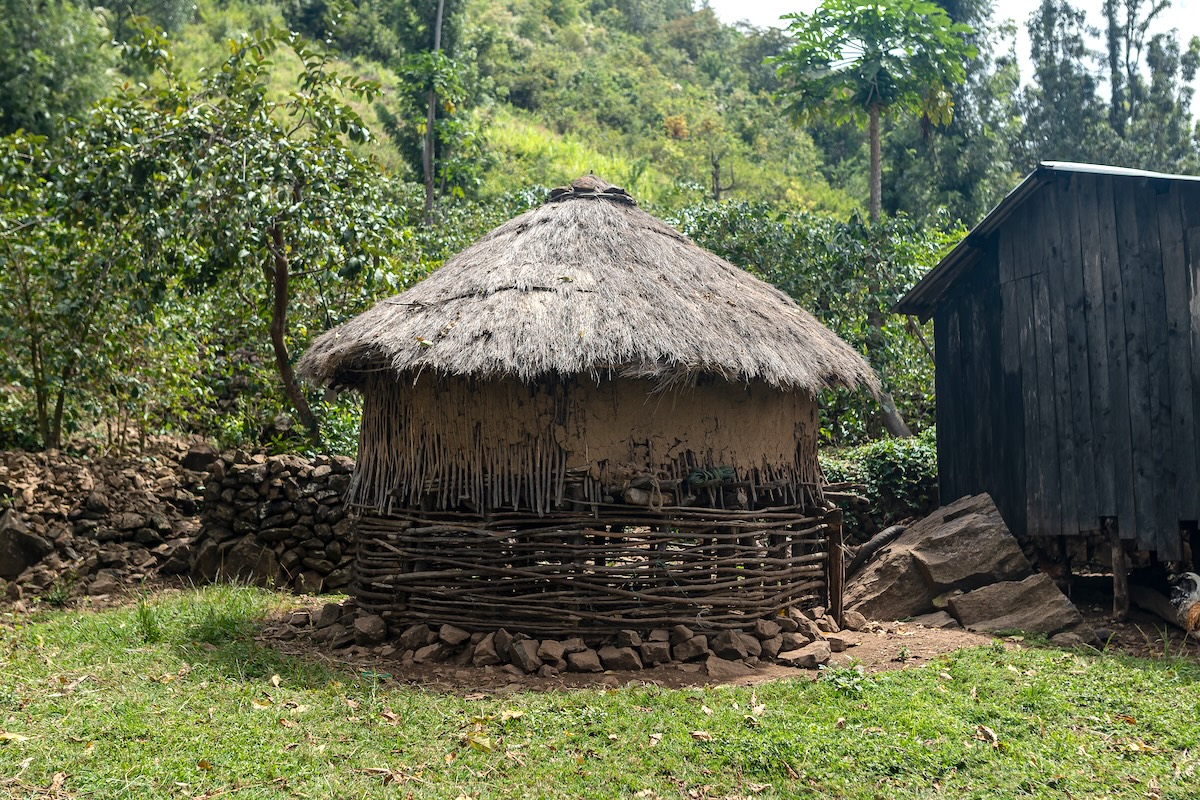For those who choose the public health career path, an eye is always peeled for risk situations and poor practices. People who consciously decide to dedicate their life to need-finding and improving health often already exude several of the characteristics that lend to those tasks. Some may include, a good work ethic, the appropriate balance of cynicism and hope, or empathy—traits that are arguably a combination of nature and nurture. In this field you don’t leave your work in the office. In fact your job is likely in the field – an expansive, borderless one at that. So I couldn’t help but laugh at how typical it was when I caught myself making ever-so-Kenyan Tic’s and X’s about health do’s and don’t while on vacation in Tanzania.
After inadvertently learning a bit about health on Zanzibar, I returned to Kuria West with a fresh mind to continue working on the problems in our community (some similar and some markedly different.) Before departing the week prior, it became evident that we are still struggling with how properly address local issues through community-based education. While our team, Field Officers and Community Health Workers (CHWs) alike, have more than adequate knowledge to teach life-saving disease prevention strategies and advise on common illnesses during home visits, the messages are not yet being delivered in an effective way.
While a few of the health team members have some relevant experience, the majority happened upon the job. They were either elected by a group to be a health representative, or they recently found an opportunity for employment, which also serves a huge community need. This is not to say that their intentions are any less admirable than a person who has had the opportunity to pursue their career of choice, or that hey lack interest in preventing diseases and improving lives- quite the contrary! It is simply that ‘bedside mannerisms’ and serving as health teachers is, for the most part, a new concept and they go about their job in the way in which they are accustomed—much like I continued my customary thought process even while on vacation. Looking for cues and constant ‘health awareness’ is not yet part of a regular repertoire for our team. And for most, an empathic approach and showing emotion is culturally frowned upon.
The sad truth is Kurians are accustomed to illness and death on an alarmingly regular basis. After watching some of the officer’s demeanor in the field and in recent “mock homevisits,” I couldn’t help but think that a certain hardening that ultimately lends to the appearance or actual lack of empathy due to the realities of their lives has the potential to place a weighty burden on the ability to address individual needs of community members.
Is empathy, or the body language that goes with it, the missing ingredient in our proposed CHW recipe? U.S.-based research points to the value of this communication component and the fact that it is teachable and learnable. In fact, most medical schools in America now include courses dedicated to bedside manner. But can this data be applied to a culture that instills stoicism from an early age, and whose daily experiences and though-processes differ from the studied sample? Is empathy even a necessary trait to perform well as a community health worker in a place where emotions are suppressed? Or does a pragmatic understanding of the reality give the context that is needed? And if so, how is that harnessed?
Surely it must be a combination, though it begs the question: for those who are hardened from the burden of disease in their own lives, and those who a simply of a tougher, C’est la vie mentality, can empathy actually be learned and effectively integrated? And, if so, how is it taught so that it is not a canned response and is culturally relevant?


